What is Cognitive Science? Cognitive Science is the study of thought, learning, and mental organization, which draws on aspects of psychology major, linguistics, philosophy, and computer modeling. Learn more about Cognitive Science Club at UC Davis at our website: http://cscucd.org/ The Cognitive Science Major/Field is made up of a diverse number of different majors, like linguistics, cognition, neurobiology, artificial intelligence, law, and many more. Cognitive Science Careers and Jobs can span from graduate school to Medical or computer programming to business. Cognitive Science Students may ask themselves things like: What job can I get with cognitive science? What does a Cognitive Science Lecture look like? How does the major effect Cognitive Artificial Intelligence? Cognitive Science can be found at several unverisities: University of California San Diego, Berkeley, Santa Cruz, Merced, Los Angeles (UCLA), Davis. John Hopkins University, University of Delaware, University of Texas at Dallas, Stanford University, Yale University, Penn State, There are even a number of TED talks about Cognitive Science. Cognitive science is the interdisciplinary, scientific study of the mind and its processes.[2] It examines the nature, the tasks, and the functions of cognition. Cognitive scientists study intelligence and behavior, with a focus on how nervous systems represent, process, and transform information. Mental faculties of concern to cognitive scientists include language, perception, memory, attention, reasoning, and emotion; to understand these faculties, cognitive scientists borrow from fields such as linguistics, psychology, artificial intelligence, philosophy, neuroscience, and anthropology.[3] The typical analysis of cognitive science spans many levels of organization, from learning and decision to logic and planning; from neural circuitry to modular brain organization. The fundamental concept of cognitive science is that “thinking can best be understood in terms of representational structures in the mind and computational procedures that operate on those structures.”[3] The cognitive sciences began as an intellectual movement in the 1950s, called the cognitive revolution, arguably initiated by Noam Chomsky
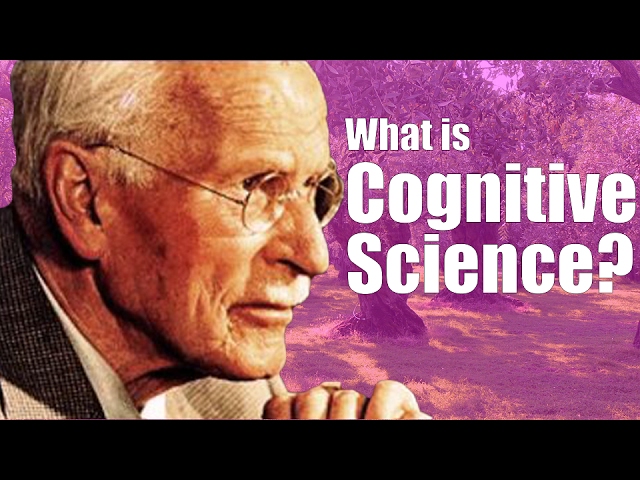
Cognitive Psychology Video – 4
- Post author:admin
- Post published:May 20, 2021
- Post comments:0 Comments
You Might Also Like
![Read more about the article Top 7 Most Aesthetic Physiques [Part 1]](https://videos.drmaheshkumar.com/wp-content/uploads/2021/05/Top-7-Most-Aesthetic-Physiques-Part-1-300x225.jpg)
Top 7 Most Aesthetic Physiques [Part 1]
Fever
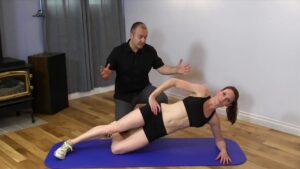
The Side Plank – Core Exercise

Isotroin Capsule Review in Hindi || by Mt Discuss

Breaking News: NO Carbohydrates are needed post workout for Bodybuilders.

Amino Acids: What are they? What do they do?

Speech of Definition – Fitness

How To Use Protein Powder: Simple Step-By-Step Guide
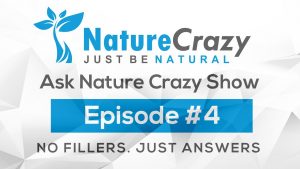
Should I use Minoxidil / Rogaine for my hair loss? | #AskNatureCrazyShow – Episode 4

Incline Chest Press Machine – Develop Fuller Upper Pecs

How To: Leg Extension (Cybex)

What is Glutamine? | KM Supplement Facts
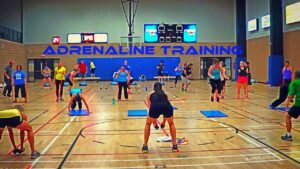
Circuit Training – Exercises Ideas
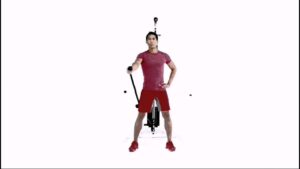
Cable Front Raise Exercise
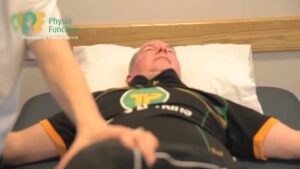
Neurological Physiotherapy Video – 1

Nutrilite Omega 3: Essential fatty acids from four fish sources

Vitamin C | Benefits, Dosage, Supplements and Foods | Hindi
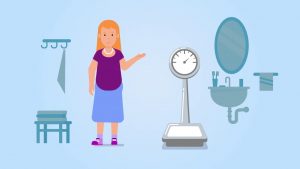
Effective support for losing weight: Orlistat HEXAL® 60 mg

How To: Dumbbell Bent-Over Row (Single-Arm)

Bodybuilding Nutrition, Diet Recipes & Workout – 31

Spa Mineral Video – 3
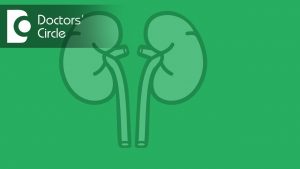
Are steroids indicated in Nephrotic Syndrome? – Dr. Vidyashankar Panchangam
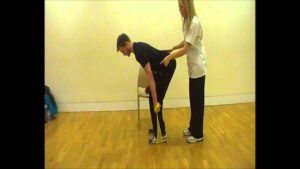
Latissimus Dorsi Bent Over Row-6
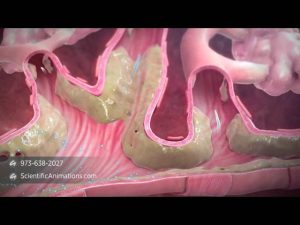
Pharmacology Mechanism of ActionMOA 3D Animation Demoreel

Flexibility Stretching Video – 3
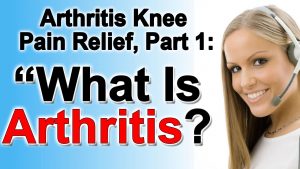
Arthritis Knee Pain Relief: “What is Arthritis?”

Modern Pentathlon Video – 1
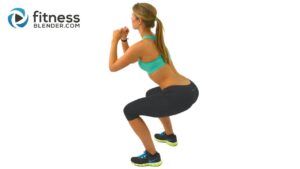
5 Minute Butt and Thigh Workout for a Bigger Butt – Exercises to Lift and Tone Your Butt and Thighs

Leg Curl Machine by Fitness Model Julia
Lat Pull Down-3

Orthopedic Physiotherapy Video – 13

HGH, Growth Hormones & Plant Hormones Video – 32

HGH (Human Growth Hormone) Energizer

Muscle Building Workout & Squats Video – 37

How to Do a Dumbbell Shoulder Press

Top 3 Best Amino Acid Supplements

Powerlifting to Win Novice Program W5D2 – The Little Arch that Could
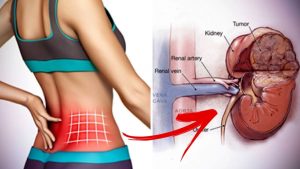
9 Signs & Symptoms Of Kidney Failure | 90% Peoples Are Not Aware

Step Ups…You’re Doing It WRONG

Fat Loss, Weight Loss Video – 23

Bodybuilding Nutrition, Diet Recipes & Workout – 14

